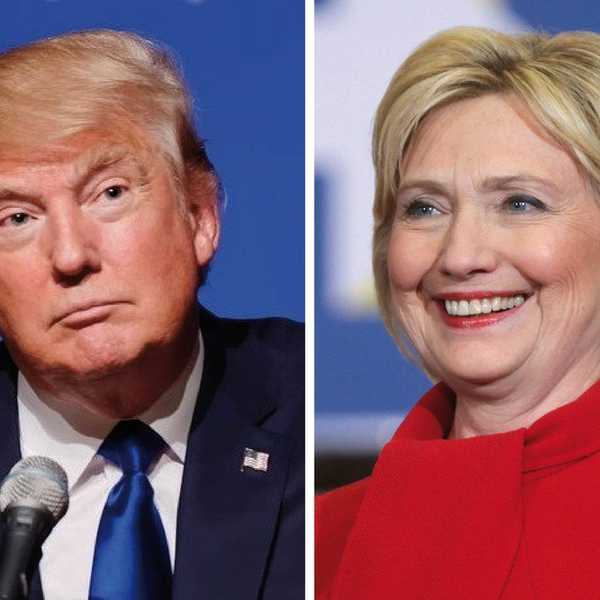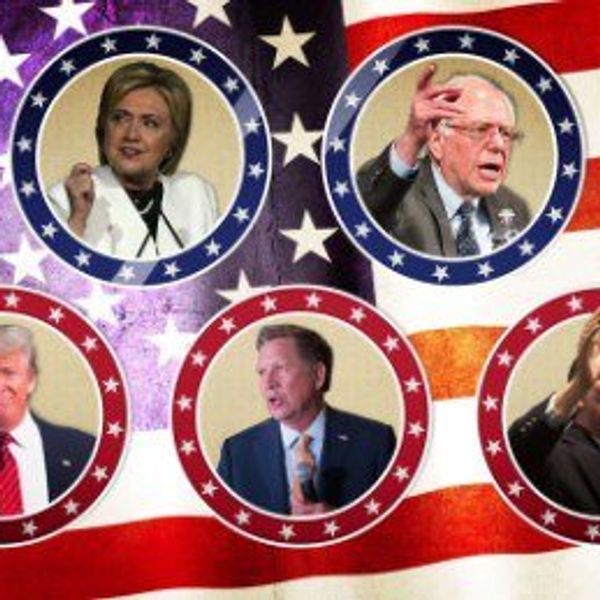On the heels of both Super Tuesday and Super Saturday, Hillary Clinton and Donald Trump look to remain the presumptive nominees for President for their respective parties. Save for huge political upsets (or in the Republicans' case, political victories), the nominees seem to be a shoe in to start running against one another (and in fact, have already begun campaigning against each other). So then, the question turns to "who could win in a fight between an unstoppable force and an immovable object?"
One thing we could look to is voter turnout. Over the course of the election season, we've seen one candidate in particular pressing the voter turnout issue: Bernie Sanders. However, looking at the numbers, Sanders does not seem to be the one inspiring huge turnouts this year. The Republican Primaries and Caucuses seem to be inspiring record turnouts this year, with the Democratic side sadly lacking in quite the same enthusiasm (falling short of 2008 records). Nearly every state that saw turnout more than double since 2012 has gone to Donald Trump (the exception being Minnesota, which went to Marco Rubio). The relatively low Democratic turnout is cause for concern, as some question Secretary Clinton's ability to draw the necessary votes come November. So then, if you would believe Senator Sanders' argument, you'd be very concerned for the Democratic party's prospects in the general election.
However, some have called this concern into question. Politifact ran an analysis on the last 11 primary processes and found that out of the 6 competitive primaries, only 3 predicted the winner of the general election. However, delving past the numbers into the actual conditions behind the turnouts would paint a different picture. For instance, the 1980 election which saw the loss of President Jimmy Carter to Ronald Reagan is one in which the Democrats had a much higher primary turnout than the Republicans. However, one could contend that the situation behind Carter's renomination was hotly contested by Senator Ted Kennedy, a fact which may have ultimately cost him votes in the general election. Not only that, but President Carter had already begun to malign himself with the American people, and left office with an approval rating at under 40%, whereas Reagan was entering as a fresh new face for the neoliberal movement. Similarly, the 1988 Primaries fell on the coattails of President Reagan's hugely popular presidency; he left office with above 60% approval ratings. It is no surprise that the Democrats would put their best foot forward in increasing their turnout over the Republicans (who had all but chosen their nominee in Vice President Bush). However, this was all for naught with Bush promising to continue Reagan's legacy and carrying 40 states.
The importance of turnout cannot be understated. Even if there is no mathematical correlation between primary and general election turnout, it is clear that external factors can account for the difference in enthusiasm in the past. Whether Hillary can garner more enthusiasm than (and possibly win against) Trump is up in the air- one would gather from primary results no. However, that would leave this year's election up to the "anybody but" vote. I highly doubt Hillary can generate enthusiastic turnout, but perhaps she can win with the fear vote.





















